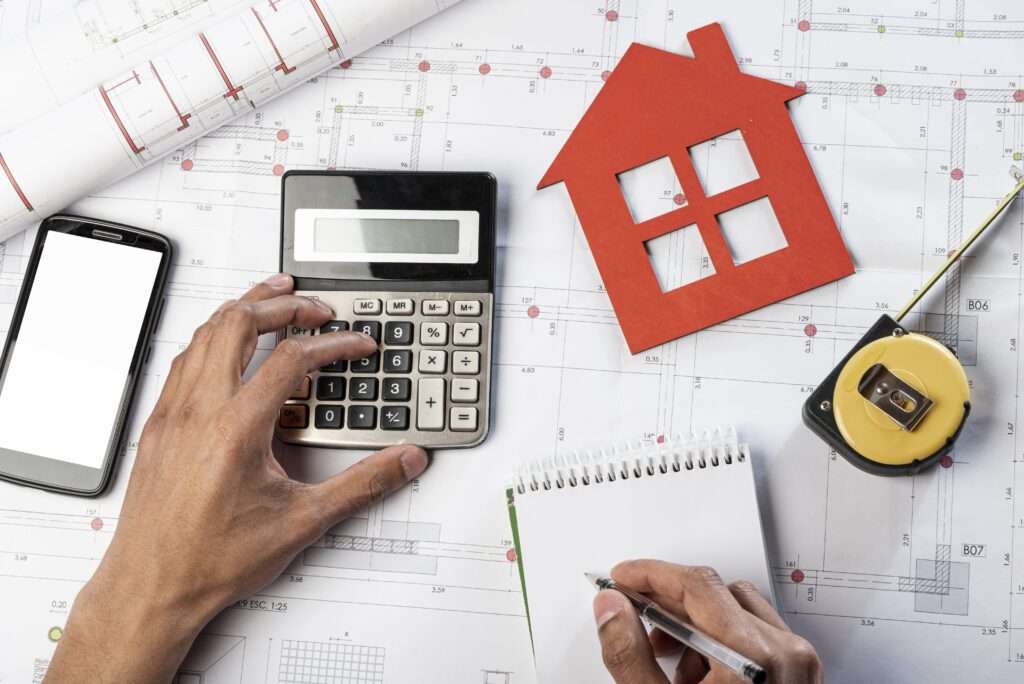Introduction
Understanding property taxes in Pakistan is essential whether you’re a first-time homebuyer, real estate investor, or commercial property owner. Property taxes directly impact your real estate costs and returns. Unfortunately, due to lack of awareness, many individuals either overpay or face legal issues by underreporting.
In this in-depth guide by Mannan Marketing, we break down every aspect of property taxes in Pakistan, helping you stay informed, compliant, and financially prepared.

What Are Property Taxes?
Property taxes are annual charges levied by provincial governments on real estate, including residential, commercial, and agricultural properties. These taxes are collected to fund local infrastructure, sanitation, road maintenance, and municipal services.
Who Pays Property Tax in Pakistan?
Anyone who owns property—whether land, a house, commercial unit, or even vacant plots—is liable to pay property tax. The tax liability is usually borne by the registered owner as per the property records maintained by the local development authorities.
Types of Property Taxes in Pakistan
1. Urban Immovable Property Tax (UIPT)
Levied on built-up properties and open plots in urban areas.
2. Capital Value Tax (CVT)
Charged when you purchase property. It’s a one-time tax.
3. Stamp Duty
A form of tax on the legal documentation of a property transaction.
4. Capital Gains Tax (CGT)
Applied on the profit earned from the sale of a property.
5. Advance Tax (Section 236K and 236C)
Collected at the time of purchase (236K) or sale (236C) under the Income Tax Ordinance.
Property Tax Rates in Pakistan (2025)
Punjab (including Lahore, Rawalpindi, Multan)
- Residential Properties: 5% of Annual Rental Value (ARV) after exemptions.
- Commercial Properties: Up to 20% of ARV.
- Vacant Plots: Generally exempt unless under development authorities.
Sindh (Karachi, Hyderabad)
- Rates vary between 5%–25% of ARV depending on the property usage and size.
Khyber Pakhtunkhwa
- Fixed tax rates based on property size and location.
Balochistan
- Relatively lower rates due to underdeveloped land use.
Exemptions & Concessions
You may qualify for exemptions under certain conditions:
| Criteria | Exemption Details |
|---|---|
| Property value under Rs. 5 million | Full or partial exemption in some provinces |
| Widow or orphan ownership | 100% exemption in many regions |
| Senior citizens (over 60 years) | 25–50% concession in some jurisdictions |
| Owner-occupied homes | Often lower tax rates than rented properties |
How to Calculate Property Tax
Here’s a simplified formula used in most provinces:
Property Tax = Annual Rental Value (ARV) × Applicable Tax Rate
For example: If the ARV of your property is Rs. 100,000 and the tax rate is 5%,
Tax = 100,000 × 0.05 = Rs. 5,000 per annum
Note: ARV is determined by local authorities based on location, property type, and usage.
How to Pay Property Tax in Pakistan
Step-by-step Process:
- Visit Local Excise Office or check the official website of your provincial tax department.
- Enter property details (location, size, category).
- Get your PT-10 Form (Tax Calculation Slip).
- Pay through bank, ePay app, or online payment portals.
Online Platforms:
- Punjab: excise.punjab.gov.pk
- Sindh: excise.gos.pk
- KP: kp.gov.pk
- Balochistan: balochistan.gov.pk
Legal Penalties for Non-Payment
Failing to pay your property tax can lead to:
- Heavy penalties and surcharges
- Sealing or auction of the property
- Legal notices and court proceedings
Avoid these risks by keeping your tax payments updated and maintaining all receipts.
Property Tax Tips for Investors
- Always verify the property’s tax clearance before purchase.
- Use online portals to stay up to date with dues and policies.
- Consult a certified tax lawyer if you’re buying high-value or disputed property.
- Declare your property income annually under the FBR to avoid audits.
- Take advantage of exemptions if you qualify.
Frequently Asked Questions (FAQs)
Q1: What happens if I don’t pay property tax in Pakistan?
You can face penalties, and the government has the right to seal or auction your property.
Q2: Can property tax be paid online?
Yes. Platforms like ePay Punjab and provincial websites support online payments.
Q3: Is property tax the same in all provinces?
No, each province has its own rates and exemptions.
Q4: How do I calculate Annual Rental Value (ARV)?
It’s calculated based on estimated rental income, area, location, and usage.
Q5: Do overseas Pakistanis pay property tax?
Yes, if they own property in Pakistan, they are subject to the same tax laws.
Conclusion
Property taxes in Pakistan can be complex, but they’re a vital part of real estate ownership. Whether you’re a buyer, seller, or long-term investor, staying informed and compliant helps you avoid legal complications and optimize your financial returns.
At Mannan Marketing, we help you make smart real estate decisions—based on transparency, law, and long-term strategy. Whether it’s property tax consultation or investment planning, we’re here to guide you every step of the way.
Need Help?
For personalized guidance on property taxes, investment, and buying/selling property, contact Mannan Marketing today.
📍 Based in Lahore | Serving All of Pakistan
📧 [email protected]
🌐 www.mannanmarketing.com
